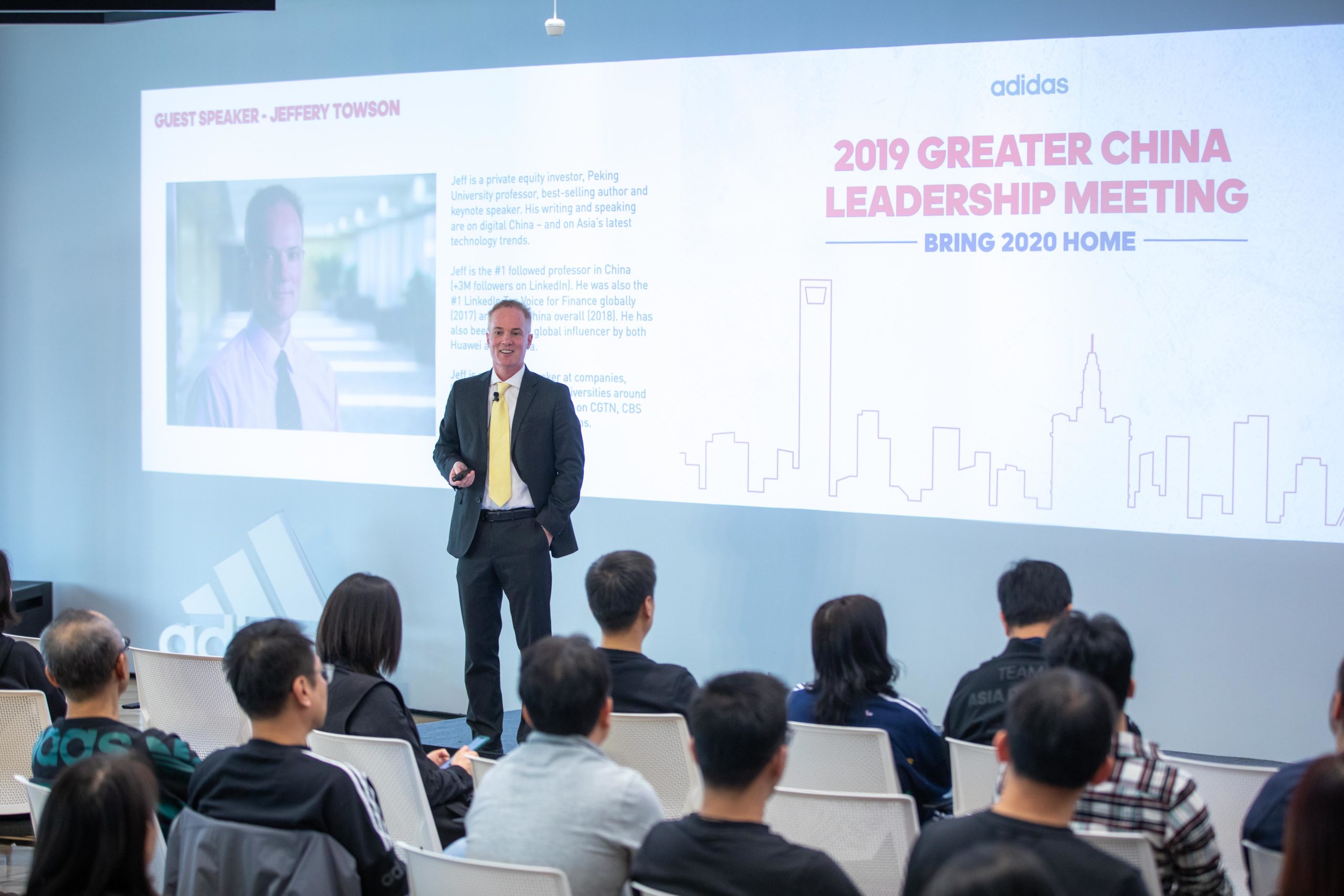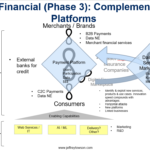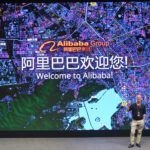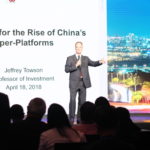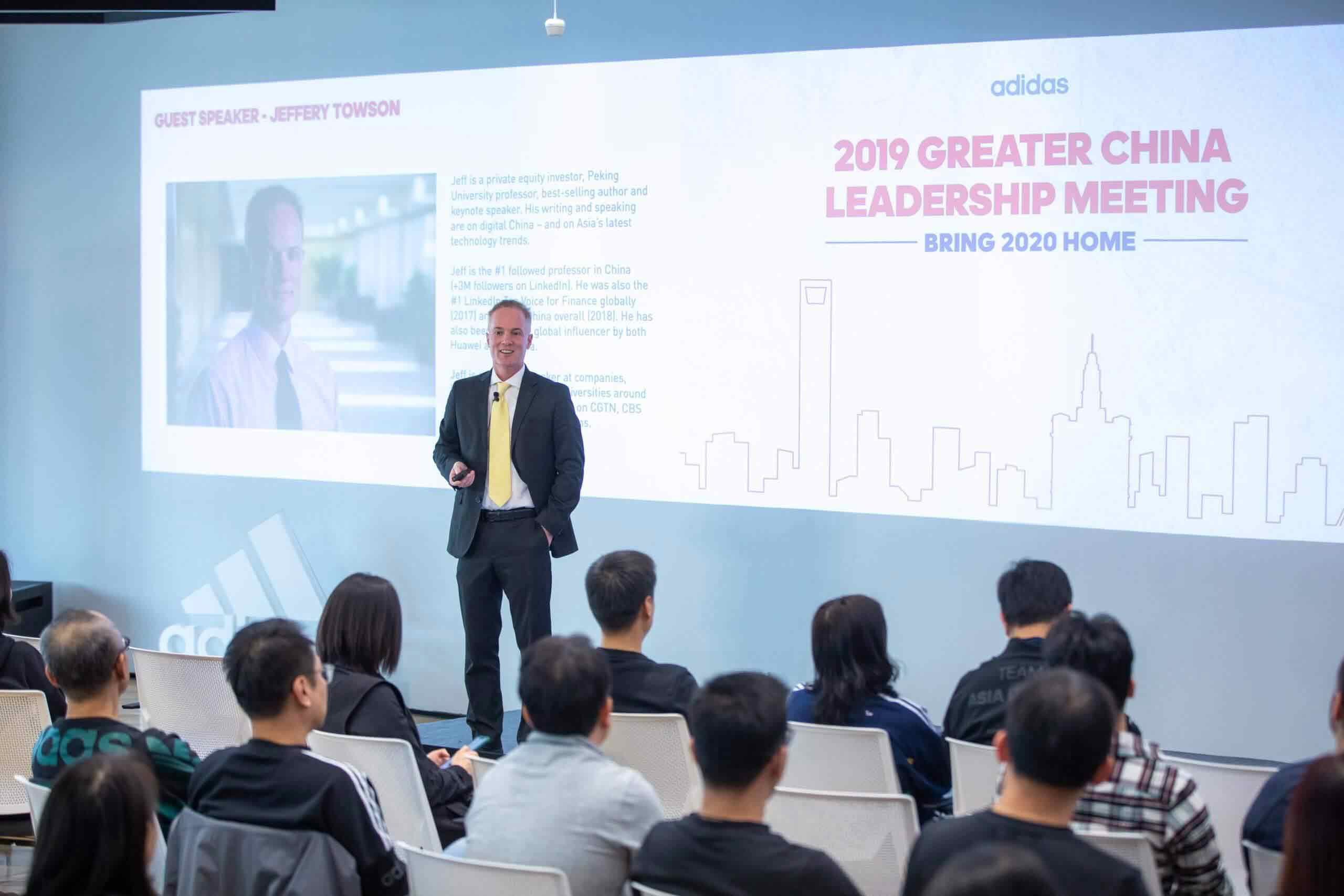There is an interesting company in China called MyTherapist. It is a digital marketplace platform for services. But instead of connecting consumers with drivers and restaurants, it connects them with therapists and life coaches. That is a really interesting idea and highlights how marketplace platforms are really still in their infancy. Marketplace platforms began with […]
